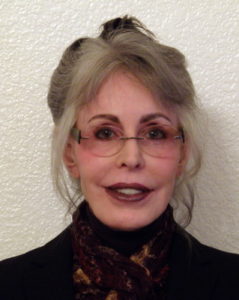GETTING UP OR NOT
O.K. It's Saturday morning. You wake up the sun is shining or not, it's raining or not, but you're warm, safe, and there isn't anything you have to do in the next two hours so you don't have to jump up and start hustling toward a work day like most of you do during the week. One would think it would be a time of relaxation, contemplation, or to make plans to do something enjoyable, and it is for some of you. For others, it's the time when depression, despair and confusion reign. To those people: If you're in a relationship, you wonder why you stay and if you're not, you're wondering if you ever will find that special person. If you work forty or more hours a week, you wonder if there's an end to this toiling away just to pay the rent, or maybe you don't have a job and haven't been able to find one. Maybe you have a job but your partner doesn't and you're tired of carrying the load, maybe it's reversed and your partner is tired of carrying the load. Maybe you're old and facing the unbearably sad truth that this culture doesn't value...
